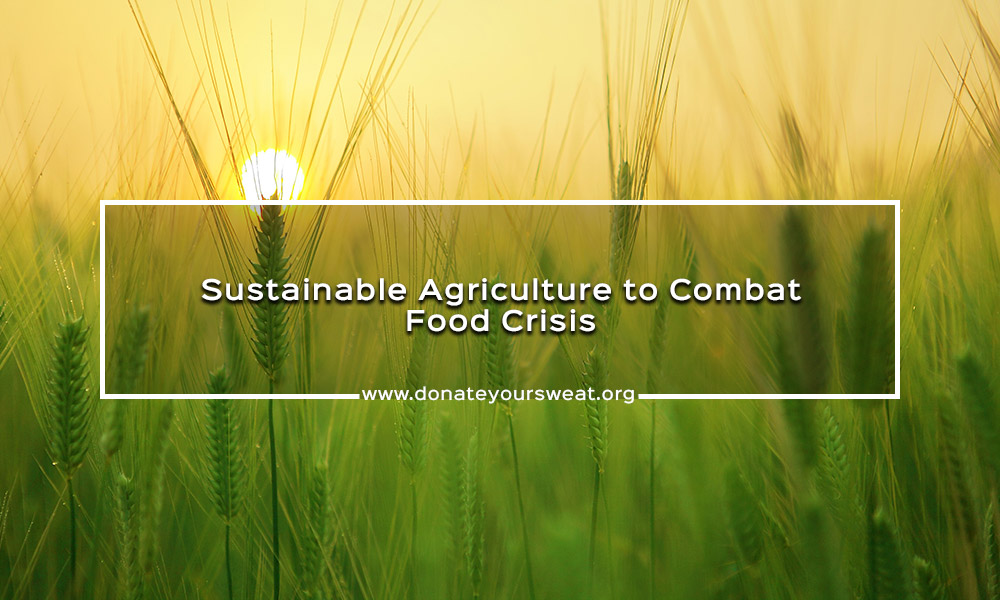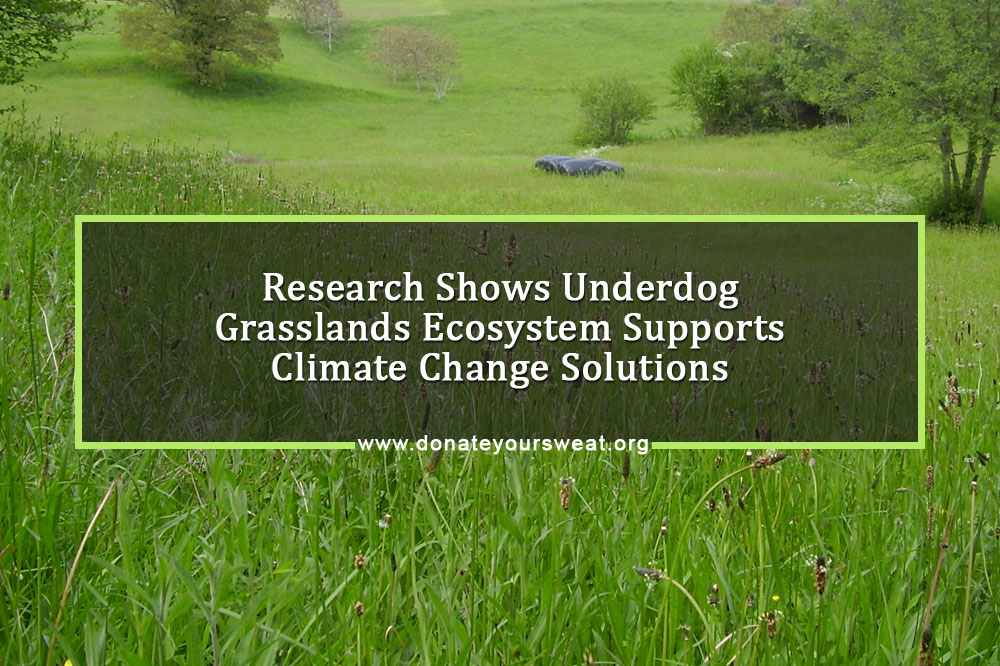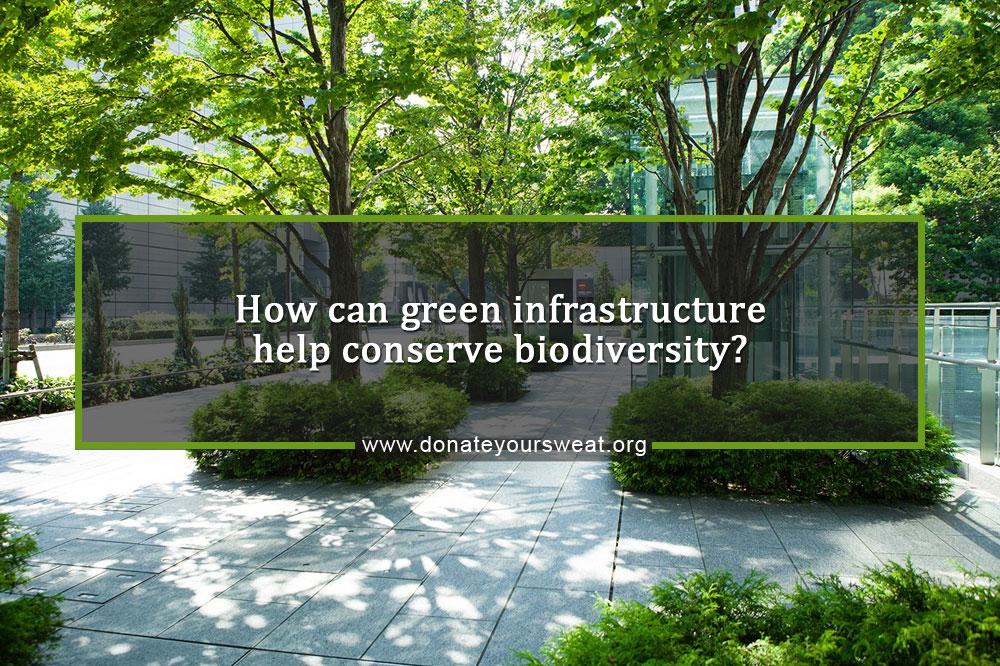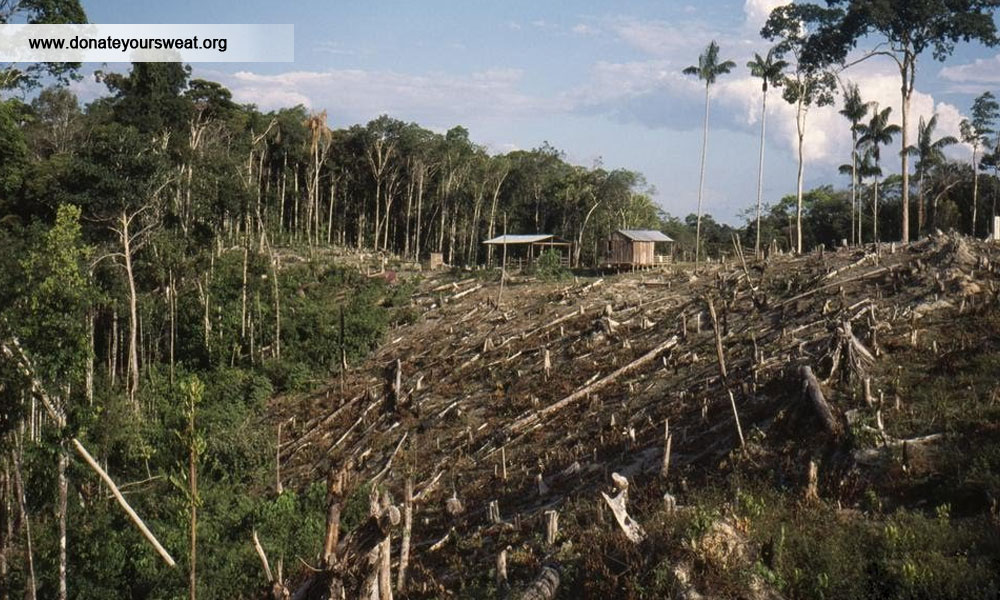If done in the right manner, agriculture has the power to produce nutritious food for the entire population generate incomes and protect the environment. That is to say, agriculture has a huge impact on the environment. It is also true the other way round: agriculture depends a lot on the environment as well. Sustainable agriculture is simply not only about what crops are harvested but also about how they are produced.
As of now, in India, and many other parts of the world, our soils, oceans, freshwater, and forests are being degraded in quality at a rate like never before. This has been aided by the excessive use of pesticides, fertilizers, planting single crops alone to satisfy growing the demand, and other intensive practices. Genetically engineered crops are making their way into our farmlands instead of natural ones. Climate change is taking its toll and forcing farmers of drought-ridden land to migrate to cities worsening the situation. The result is a clear food crisis.
In spite of the fact that over 190 million people that go hungry in India every day, it has been validated beyond doubt that adoption of sustainable farming practices on the mainstream can increase agricultural production and at the same time reduce the harm caused to the environment.
Techniques of sustainable agriculture, when used would enable resources to work at higher efficiency levels thus producing more output with lesser amount of land. Ecological farming would enable better water usage and thus conserve soil and water. Efficient seed treatment and planting methods can be used. These would serve to increase the agro-diversity and biodiversity. The net result would be a farmer that makes profits, nutritious food for the society, productive farms and a thriving healthier environment.
India has a long history of agriculture. Over centuries, farmers in this country devised practices to keep our farms sustainable. Practices like mixed cropping, crop rotation, using organic manure and pest management kept our agriculture sustainable. But soil conditions worsened drastically when agriculture turned out to be chemically intensive.
Indian farmers have traditionally followed these agricultural practices and therefore, they are easy to come back to. Some of the sustainable farming practices that our farmers are already used to are crop rotation, organic manure, natural ways of pest management and mixed cropping methods. However, all these changed for the worse over time with technological advances which caused the organic topsoil to thin down over time. This caused an exponential decrease in crop yields. More cropland was continuously being lost to the use of chemical fertilizers. It is not a viable practice to move to a new land after using up the soil in one place.
It was in this context that the IAASTD, which expands to International Assessment of Agricultural Science, Technology for Development, a UN – World Bank initiative has declared that sustainable farming practices are the only way forward to overcome the food crisis. The initiative was led by over 400 scientists from all over the world that studied all the technologies that were used for agriculture in the last 50 years’ period to come to the conclusion.
The means to make sustainable farming effective from now on would be to make use of local practices and indigenous knowledge in a concerted manner and treat it as importantly as formal science. The whole idea is not about discarding scientific principles and adopting the industrial agriculture mode thoughtlessly but shift to those methods that have been proved beneficial to all forms of life from times of the past.






